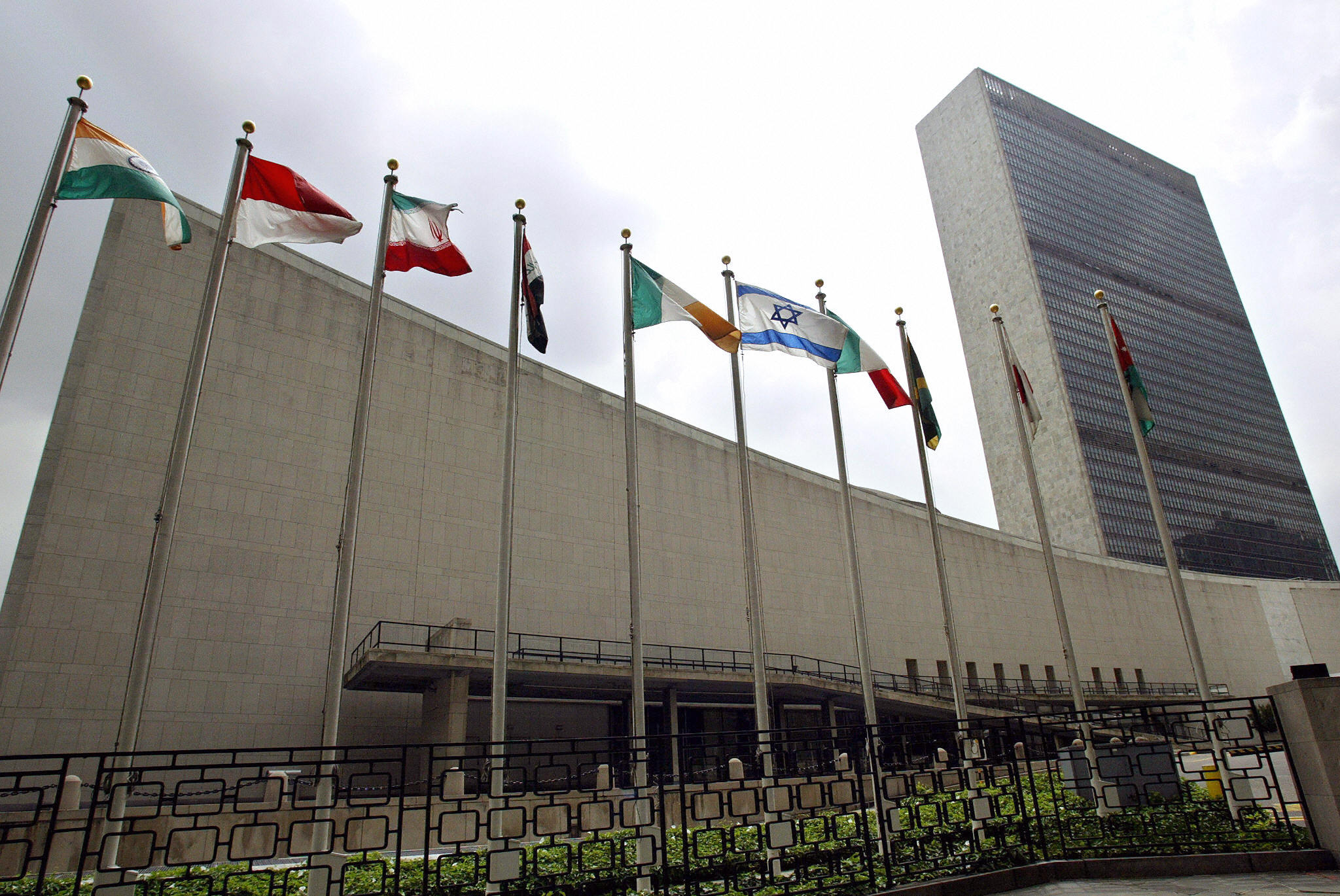PRAGUE — Czech Health Minister Adam Vojtěch resigned Monday, in a sign that the countrys effort to contain the COVID-19 pandemic has gone sideways after gaining plaudits last spring.
Vojtěch has been replaced by his former assistant, the epidemiologist Roman Prymula, the architect of the countrys earlier efforts to contain the pandemic.
The move came as the number of cases has soared. This past week, average daily infections have often been topping 2,000, which is more than six times the numbers reported on average in March.
With Senate and regional elections due to be held in two weeks, Prime Minister Andrej Babiš may have been partly inspired to make the change following a poll for Czech Television on Friday that showed his ANO party dropping almost 5 percentage points in the polls.
Prymula is highly respected. Under his guidance, the nation went into an immediate and total lockdown in March, and was among the first EU countries to shut all schools, restaurants and non-essential shops; close all borders; and forbid travel into and out of the country. It was the first European nation to mandate the wearing of face masks, indoors and in public.
The severity of the second wave has raised questions about how the country has gone from being a model to a cautionary tale.
With case numbers contained, it was also the first country in Europe to begin easing restrictions, allowing some non-essential shops to open on April 7. On July 1, thousands of Czechs celebrated the end of the epidemic with a “farewell dinner” at a 500-meter-long table on Pragues Charles Bridge.
At the time, there were fewer than 12,000 infections in the country and only 346 deaths. Today, there are 49,290 confirmed infections and 503 deaths, while more than 500 are hospitalized.
In Europe, the Czech Republic now trails only Spain in infections per capita, with 193 per 100,000 registered over the past two weeks. By comparison, Italy, once Europes sickest country, stands at a comparatively healthy 33.5, according to the European Centre for Disease Prevention and Control (ECDC).
Prague is especially hard-hit, with 217 infections per 100,000 people over the preceding week — the most affected region in Europe outside of Spain and France. The citys mayor, Zdeněk Hřib, has closed all universities in the city.
The situation has deteriorated to such an extent that the country has been declared high-risk by neighboring Slovakia, with all travelers from the Czech Republic required to self-quarantine.
Earlier this month, the Czech branch of the World Health Organization recommended that the government increase its efforts to track and trace people with the illness to contain the rising number of infections. In reaction, Babiš took a page from the playbook of U.S. President Donald Trump by pointing out the organizations own failures and telling it to “keep quiet.”
The severity of the second wave has raised questions about how the country has gone from being a model to a cautionary tale.
Some critics point to the failure of the first track-and-trace app released by the government. Named eRouška (rouška is the Czech word for face mask), it drained smartphone batteries, raised privacy concerns and didnt work with iOS phones. These problems doomed the apps essential requirement that a majority of the population use it. A second, improved version was released on September 18.
Babiš himself suggested that it might have been an error to lift the mandate on masks in June. “Maybe we should have kept them all summer,” he admitted to MPs last week. “But everyone was locked up at home and wanted to return to normal.”
However, when cases began to rise in mRead More – Source
PRAGUE — Czech Health Minister Adam Vojtěch resigned Monday, in a sign that the countrys effort to contain the COVID-19 pandemic has gone sideways after gaining plaudits last spring.
Vojtěch has been replaced by his former assistant, the epidemiologist Roman Prymula, the architect of the countrys earlier efforts to contain the pandemic.
The move came as the number of cases has soared. This past week, average daily infections have often been topping 2,000, which is more than six times the numbers reported on average in March.
With Senate and regional elections due to be held in two weeks, Prime Minister Andrej Babiš may have been partly inspired to make the change following a poll for Czech Television on Friday that showed his ANO party dropping almost 5 percentage points in the polls.
Prymula is highly respected. Under his guidance, the nation went into an immediate and total lockdown in March, and was among the first EU countries to shut all schools, restaurants and non-essential shops; close all borders; and forbid travel into and out of the country. It was the first European nation to mandate the wearing of face masks, indoors and in public.
The severity of the second wave has raised questions about how the country has gone from being a model to a cautionary tale.
With case numbers contained, it was also the first country in Europe to begin easing restrictions, allowing some non-essential shops to open on April 7. On July 1, thousands of Czechs celebrated the end of the epidemic with a “farewell dinner” at a 500-meter-long table on Pragues Charles Bridge.
At the time, there were fewer than 12,000 infections in the country and only 346 deaths. Today, there are 49,290 confirmed infections and 503 deaths, while more than 500 are hospitalized.
In Europe, the Czech Republic now trails only Spain in infections per capita, with 193 per 100,000 registered over the past two weeks. By comparison, Italy, once Europes sickest country, stands at a comparatively healthy 33.5, according to the European Centre for Disease Prevention and Control (ECDC).
Prague is especially hard-hit, with 217 infections per 100,000 people over the preceding week — the most affected region in Europe outside of Spain and France. The citys mayor, Zdeněk Hřib, has closed all universities in the city.
The situation has deteriorated to such an extent that the country has been declared high-risk by neighboring Slovakia, with all travelers from the Czech Republic required to self-quarantine.
Earlier this month, the Czech branch of the World Health Organization recommended that the government increase its efforts to track and trace people with the illness to contain the rising number of infections. In reaction, Babiš took a page from the playbook of U.S. President Donald Trump by pointing out the organizations own failures and telling it to “keep quiet.”
The severity of the second wave has raised questions about how the country has gone from being a model to a cautionary tale.
Some critics point to the failure of the first track-and-trace app released by the government. Named eRouška (rouška is the Czech word for face mask), it drained smartphone batteries, raised privacy concerns and didnt work with iOS phones. These problems doomed the apps essential requirement that a majority of the population use it. A second, improved version was released on September 18.
Babiš himself suggested that it might have been an error to lift the mandate on masks in June. “Maybe we should have kept them all summer,” he admitted to MPs last week. “But everyone was locked up at home and wanted to return to normal.”
However, when cases began to rise in mRead More – Source












